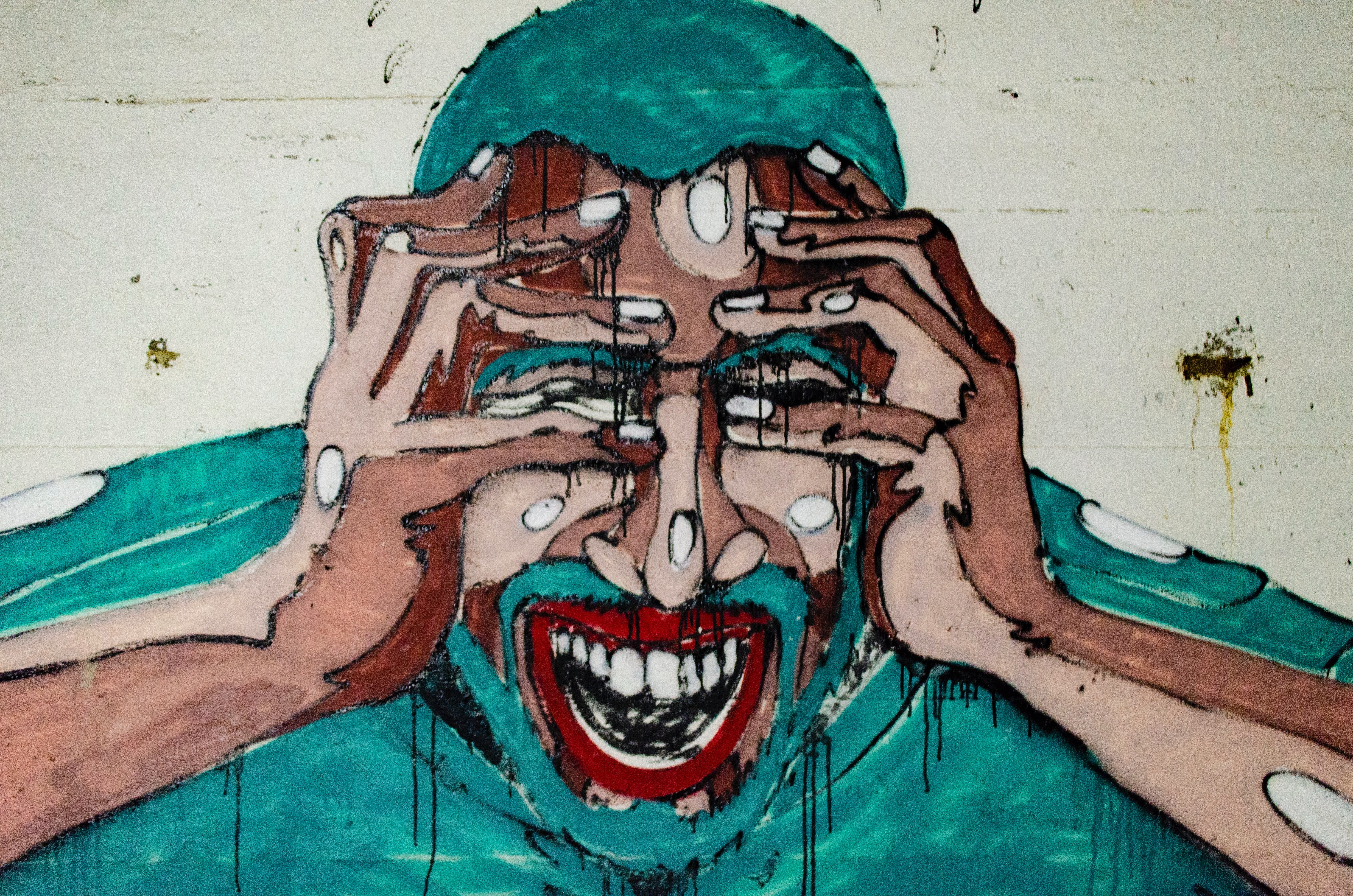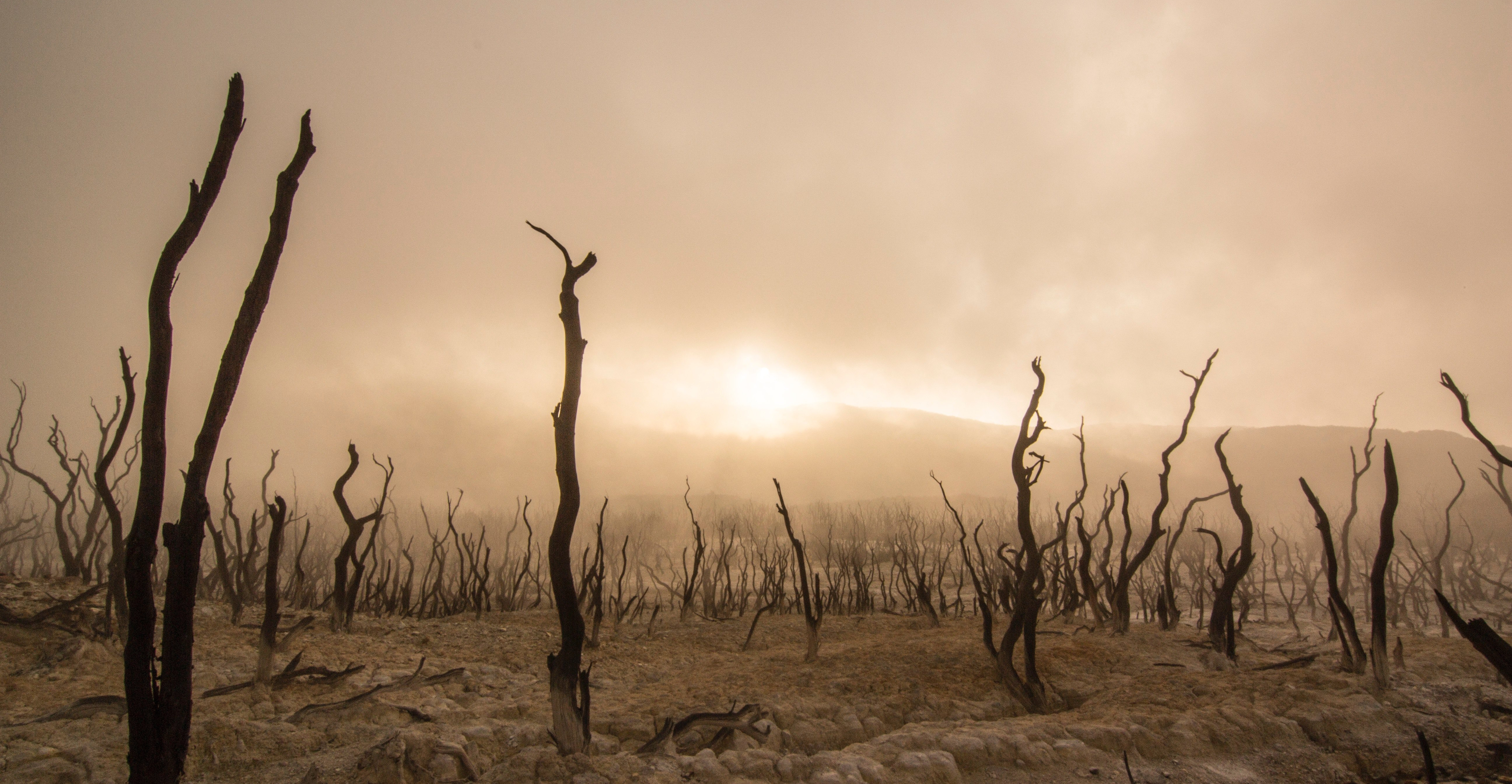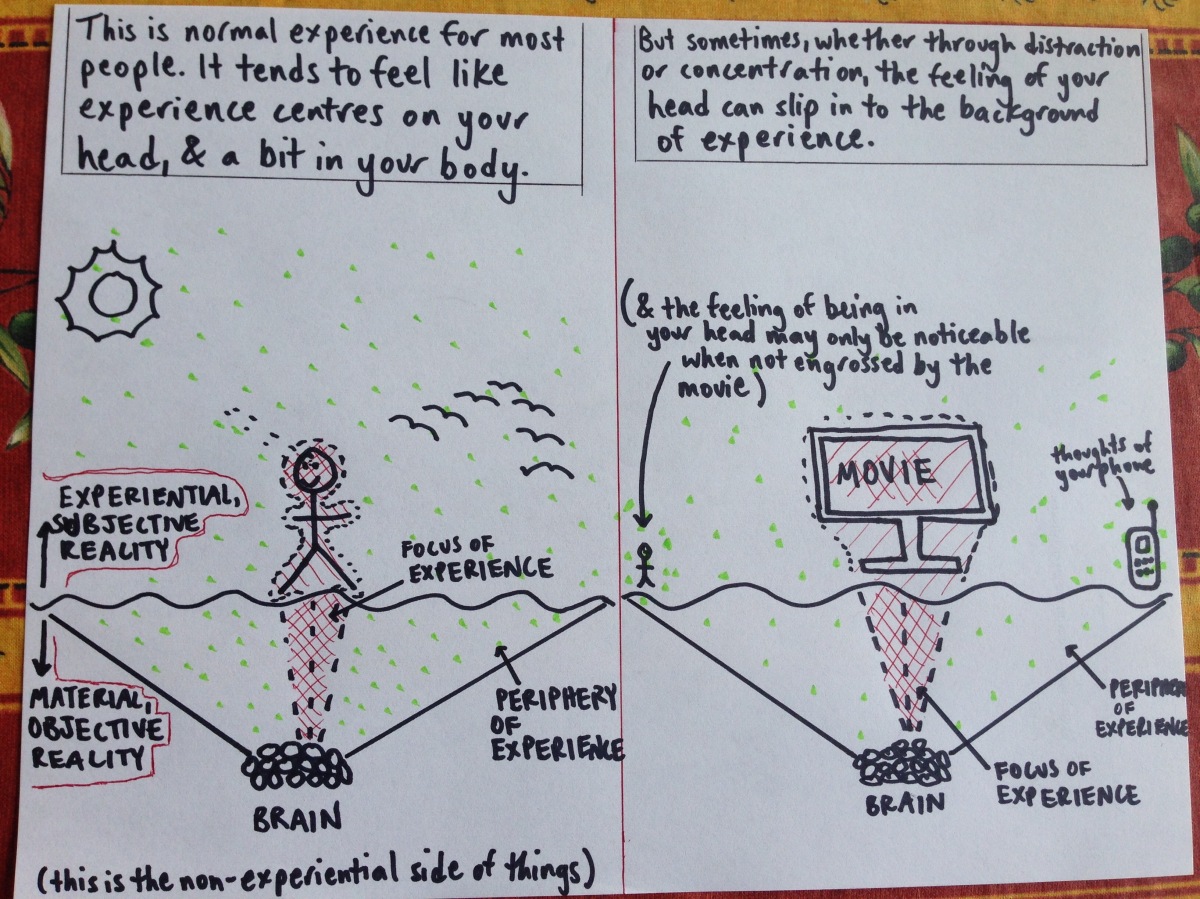
“If you practice for a result, then it becomes a hindrance.” – Dipa Ma (common advice to students)
“What is important is not the experiences we have but how we get transformed by them.” – Sayadaw U Jagara (recounted by Joseph Goldstein in Reflections on Nibbana)
Thwarted Desires
In Buddhism, there’s a saying that the path is “good in the beginning, good in the middle, good in the end.” Upon starting a meditation practice, many of us notice surprising benefits. Encouraged by these benefits, we may then seek to take the practice further, setting aside days, weeks, or months to retreat from the world, dedicate ourselves to meditation, and reap the fruits of deep stillness.
Continue reading “How to Have a Good Meditation Retreat: In Theory and Practice”



 “Why should I be frightened of dying? There’s no reason for it—you’ve got to go sometime.” — Pink Floyd, The Great Gig in the Sky
“Why should I be frightened of dying? There’s no reason for it—you’ve got to go sometime.” — Pink Floyd, The Great Gig in the Sky “Most of our world is mind-spin.”—Stephen Levine
“Most of our world is mind-spin.”—Stephen Levine